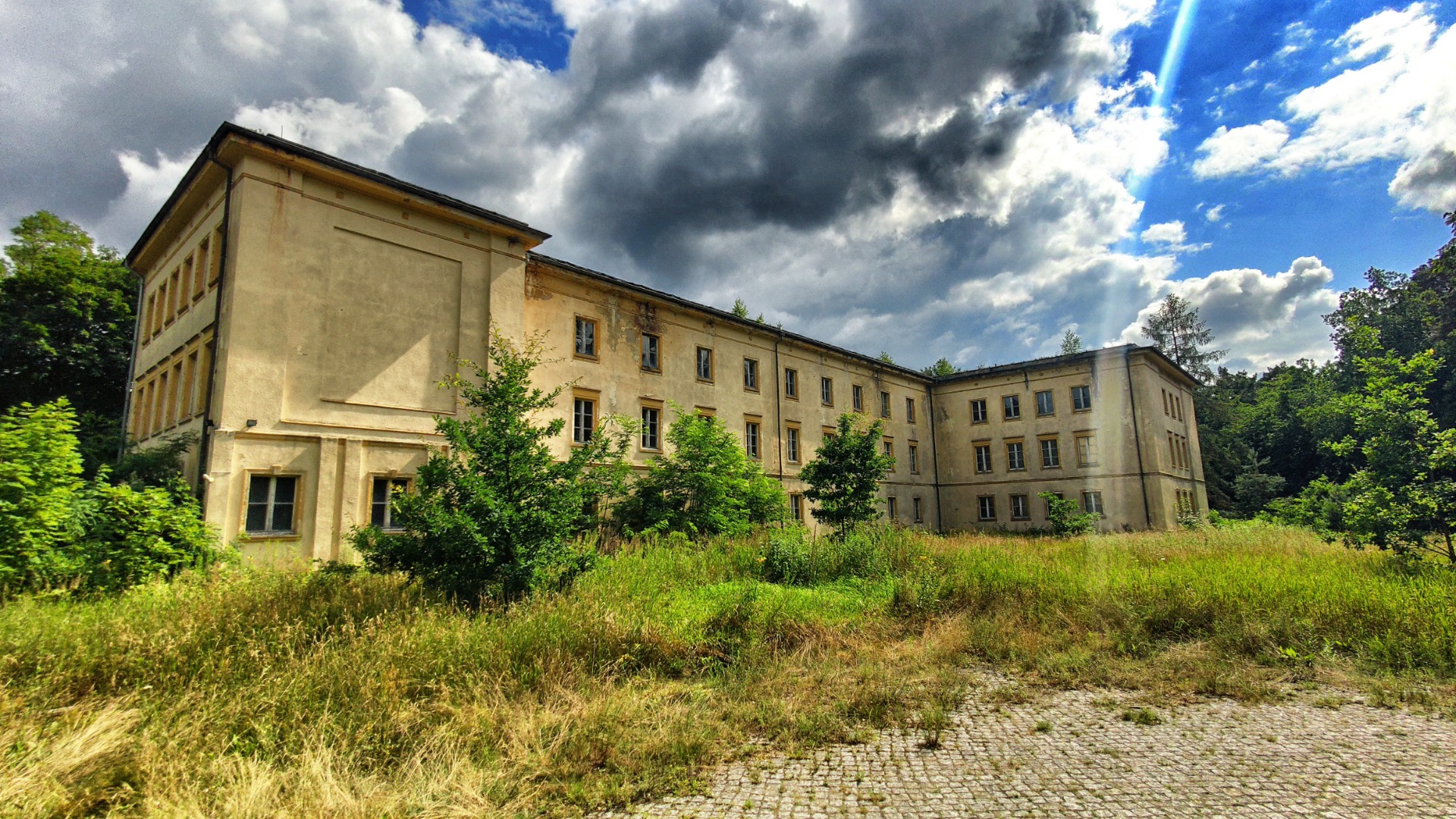Germany - once the proud nation of high-tech industry and global-exporting factories - now finds itself fringed by tales of what might have been: abandoned innovation parks, ruined industrial halls, and ambitious visions lost to decay. But some places are different - older, deeper laid in time.

Hidden in the forest by Lake Bogensee near Berlin, Hitler’s propaganda minister Joseph Goebbels once had a grand villa built. Later, the East German youth organization FDJ took over the house before constructing a vast campus with a youth university right next to it.
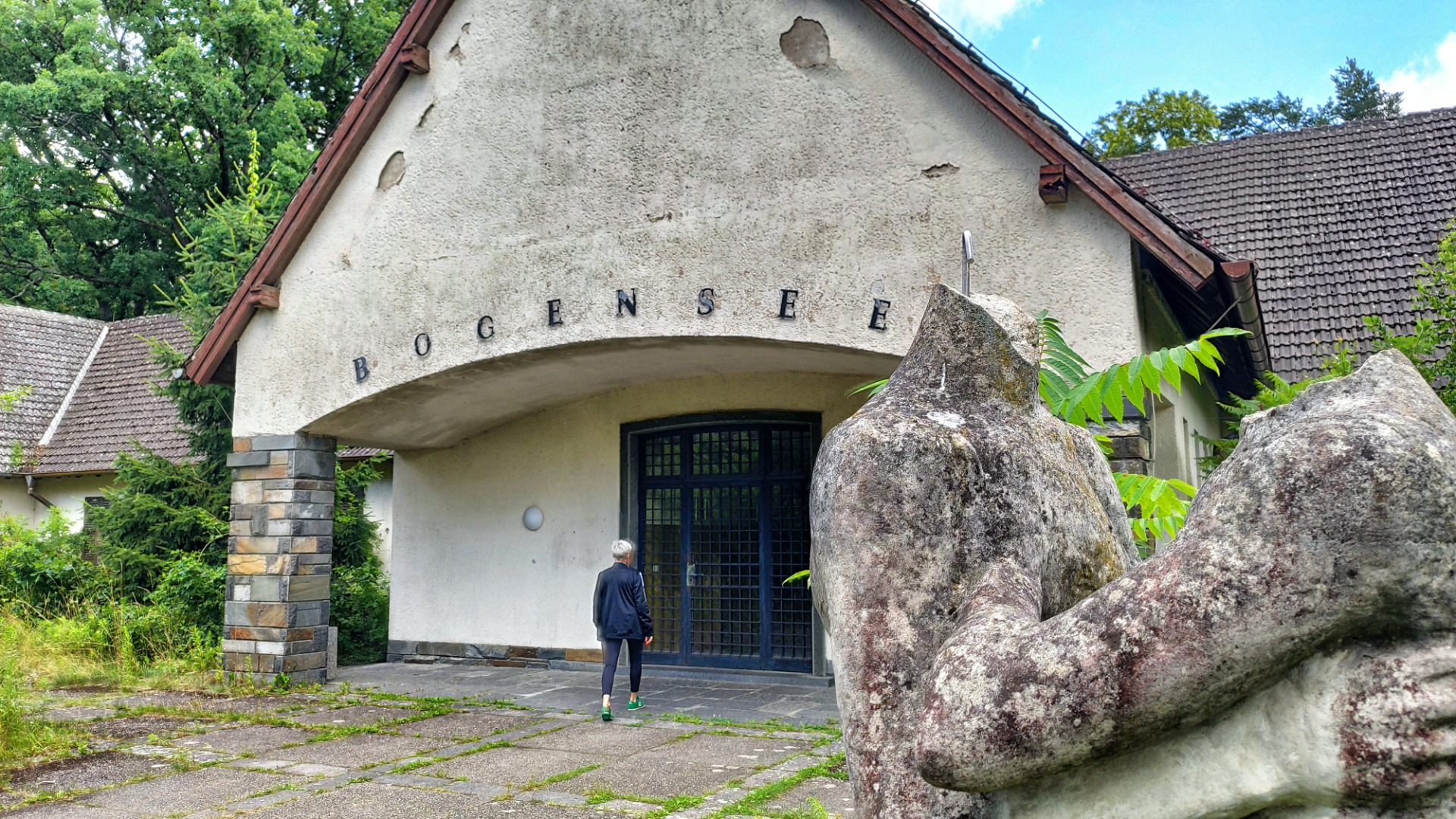
Traces of a Changing History
Even on the path leading to the villa, visitors encounter relics of the past. A manhole cover bears the inscription of an engineering office from Quedlinburg in the Harz region—a reminder of the supply chains of 1939, when Goebbels had the "Waldhof" built about 200 meters from the shore of Lake Bogensee.
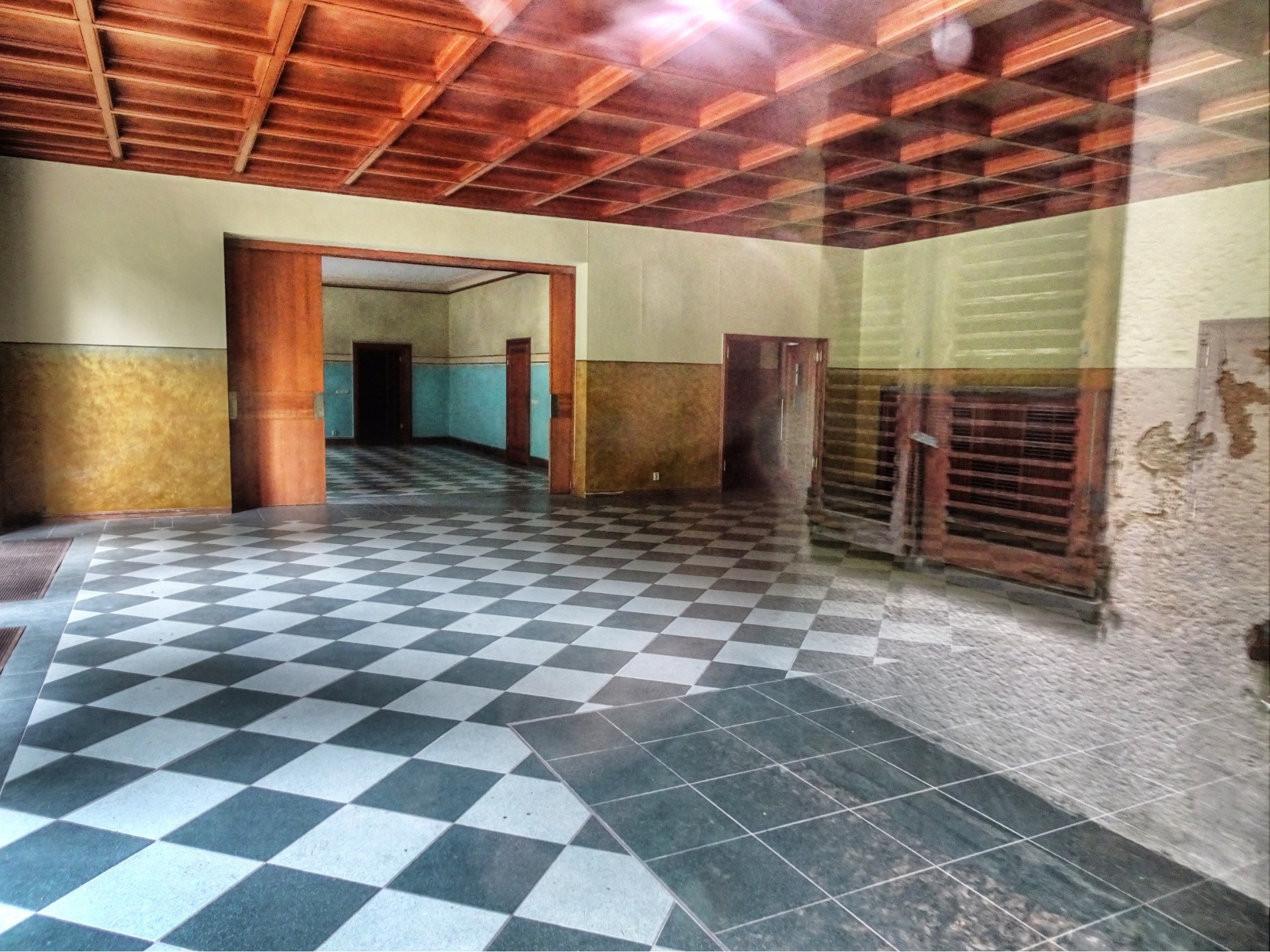
Just a few steps further, another cover stamped “Made in GDR” tells of the next era: after the war, Soviet troops first set up a military hospital here, before the site became the founding core of the FDJ’s largest cadre-training center.
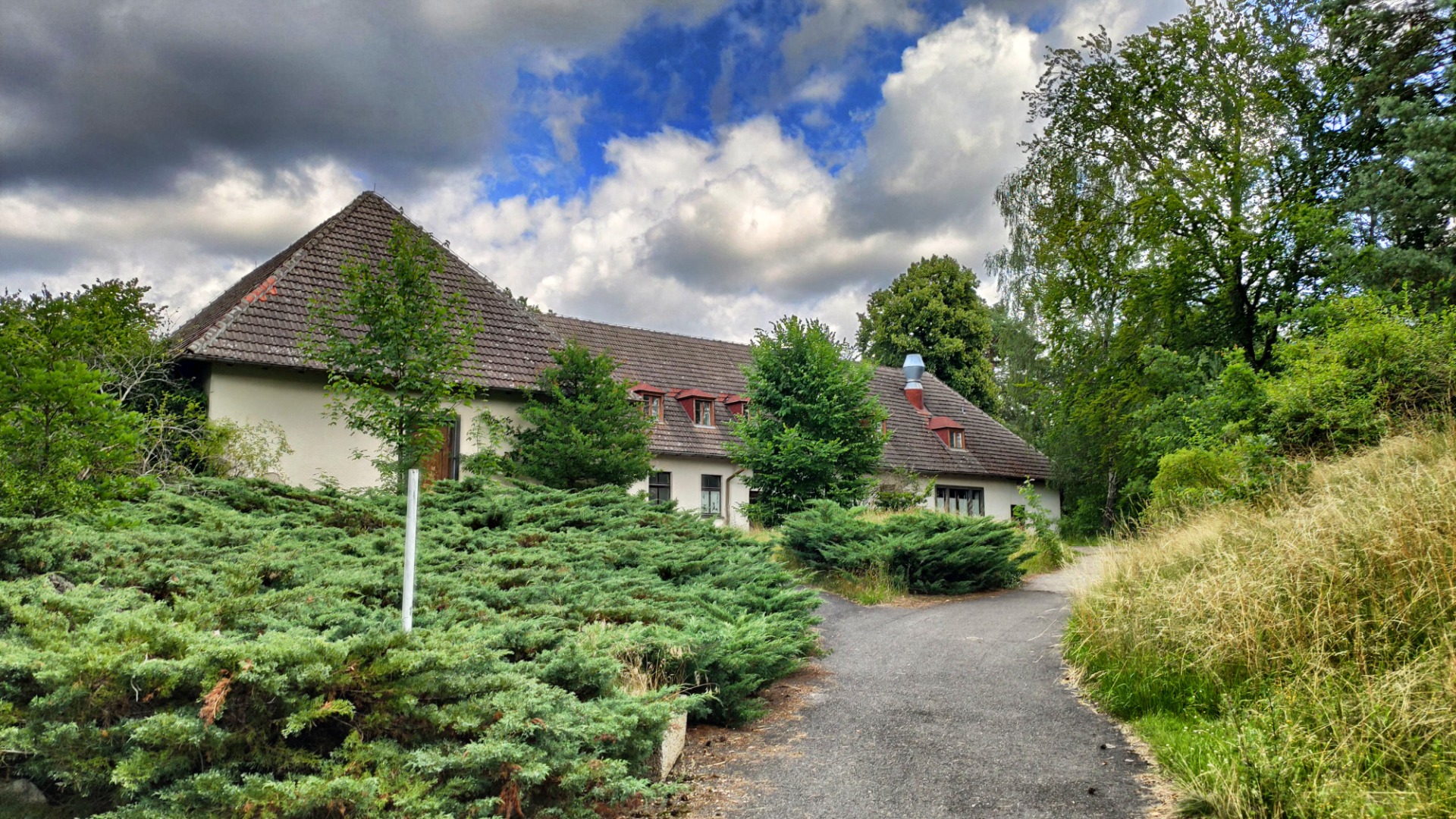
The former Goebbels villa stands on a site owned by the state of Berlin. The state intends to sell it because the state pays several hundred thousand euros annually for the maintenance of the decaying complex. The state-owned Berliner Immobilienmanagement GmbH is currently reviewing several offers from investors for the site. Demolition of the buildings is also being considered.
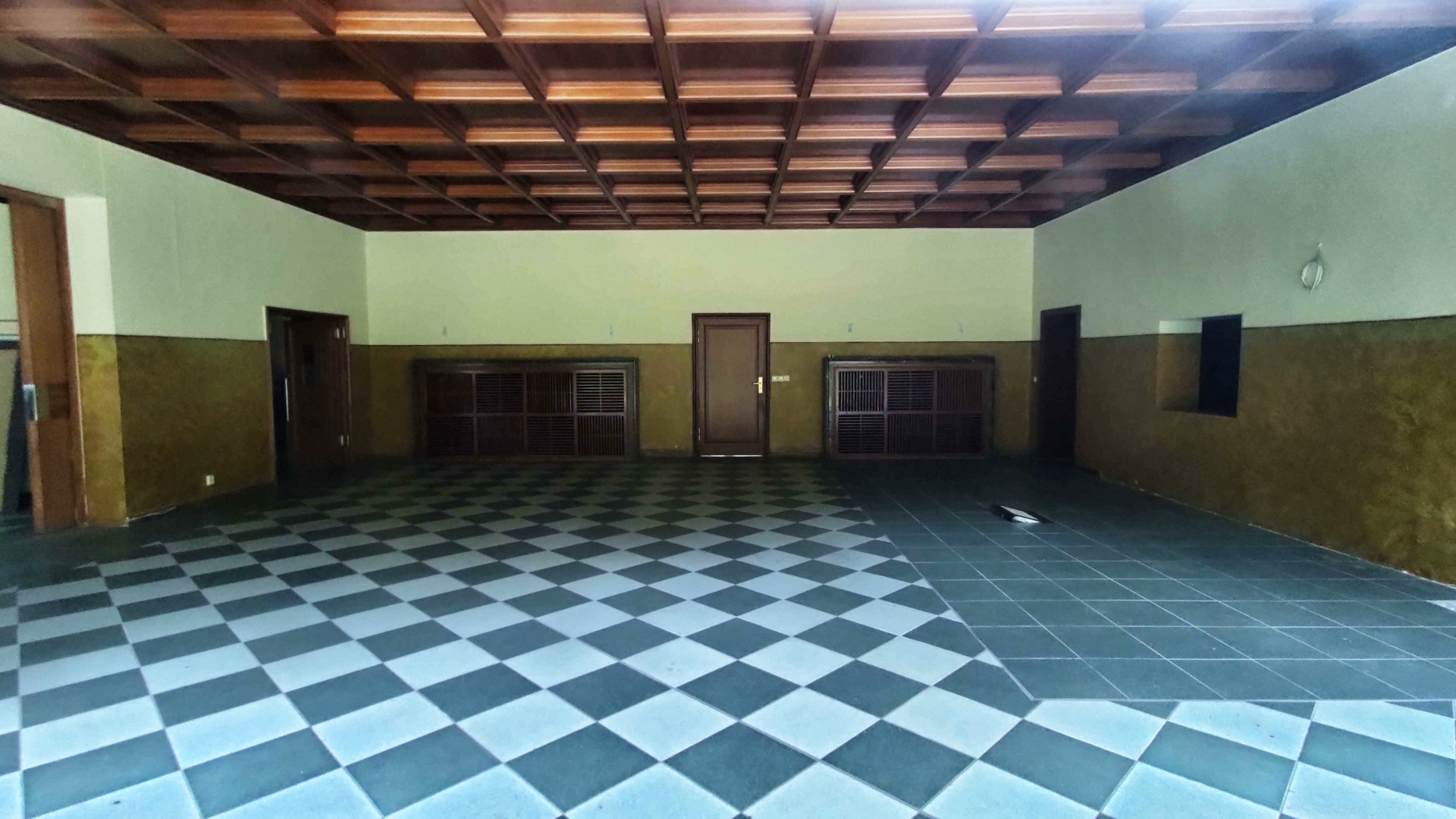
There's a conflict here, because the German government is determined not to demolish the historic building. They say they continue to strive to preserve this historic site in the municipality of Wandlitz, which has been shaped by two dictatorships. But the government is also unwilling to pay for its preservation.
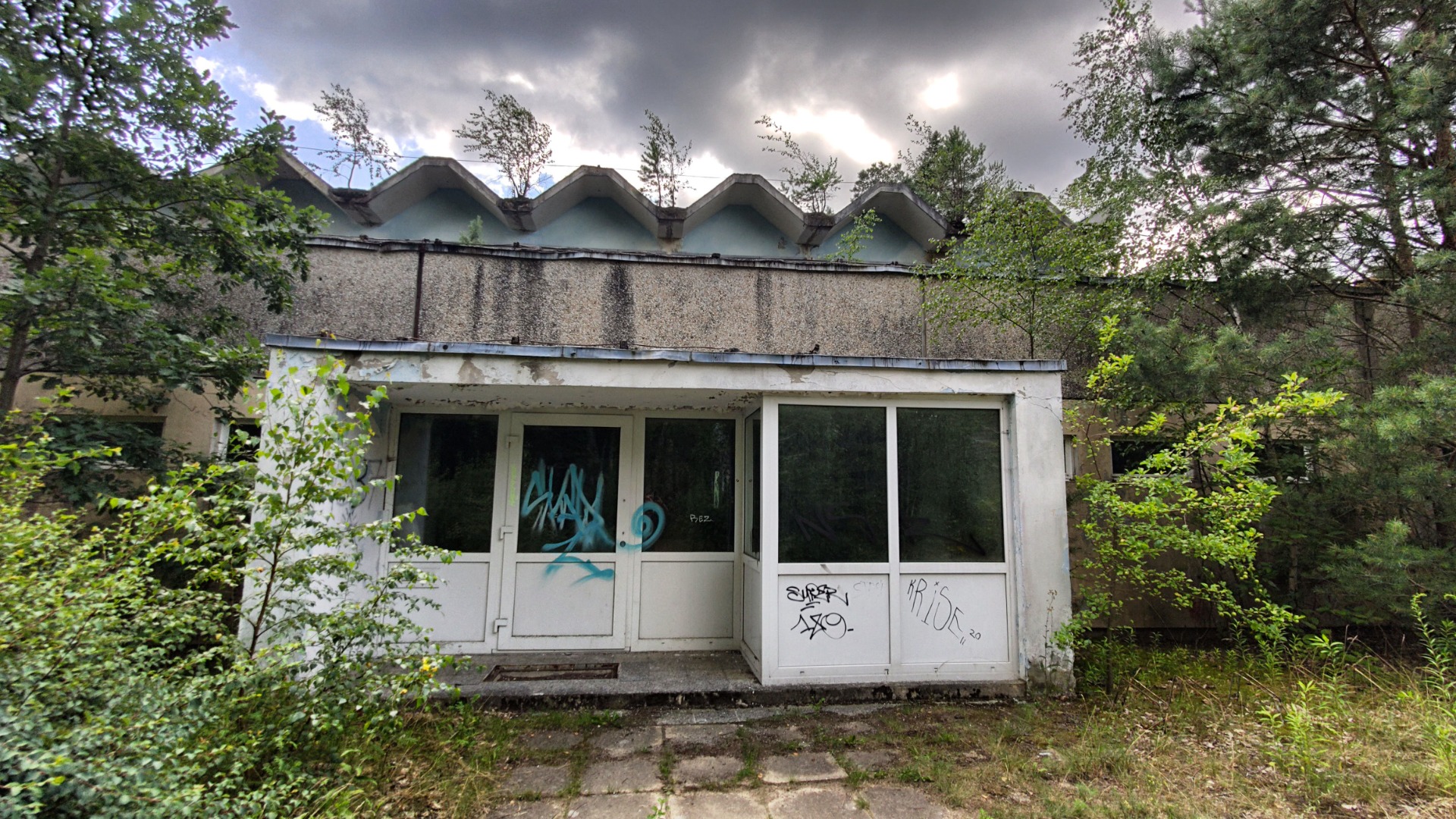
From Weekend Retreat to FDJ University
Goebbels’ villa was the first building used by the FDJ. When space became insufficient, an entire FDJ university was built next door—an ensemble of huge residential blocks, lecture halls, a cultural center, dormitories for about 500 students, sports hall, memorial courtyard, and parade ground. All in a strict 1950s style, it served to educate the functionaries of the future.
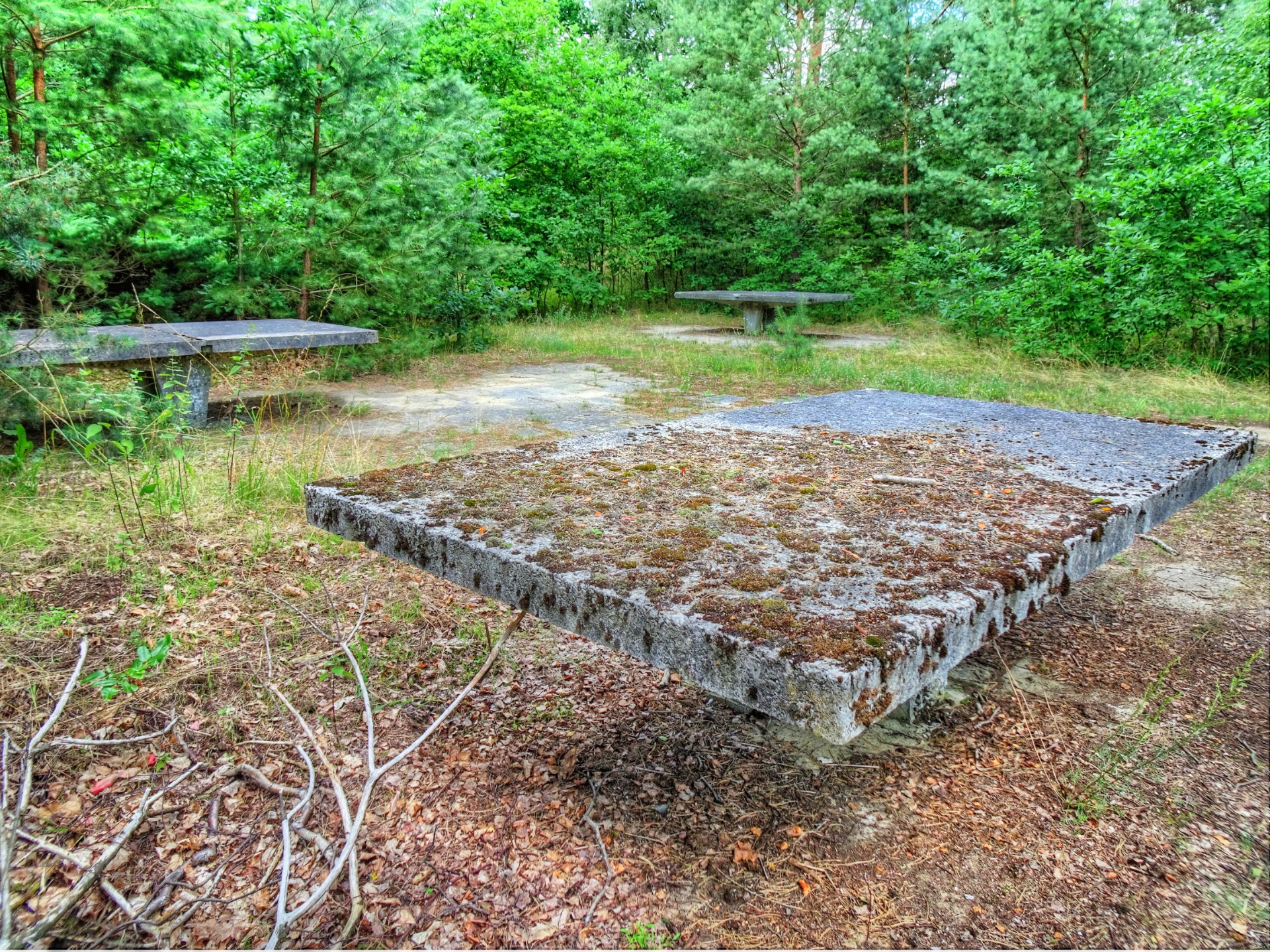
Goebbels had once received numerous celebrities in his villa, including actors Zarah Leander and Heinz Rühmann. The site is also infamous because it was here that he drafted his notorious Sportpalast speech containing the question: “Do you want total war?”
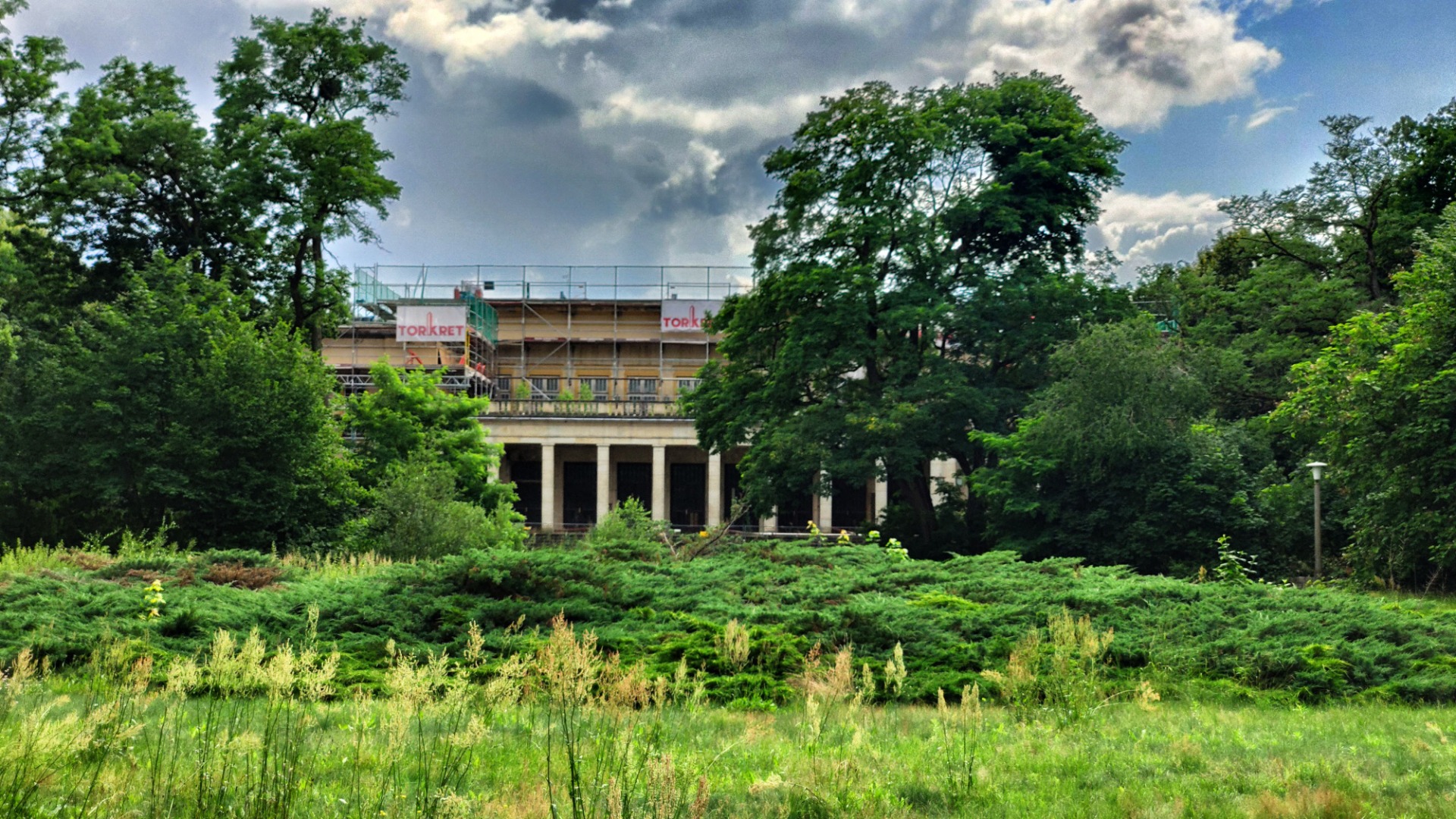
Decline After Reunification
After German reunification, the university was dissolved, and in 1999 the last tenant moved out. Since then, both the grounds and the villa have stood abandoned. The restaurant operating from Goebbels’ former retreat also closed—maintenance costs were too high, the site too remote for guests, and too overshadowed by a dark history.
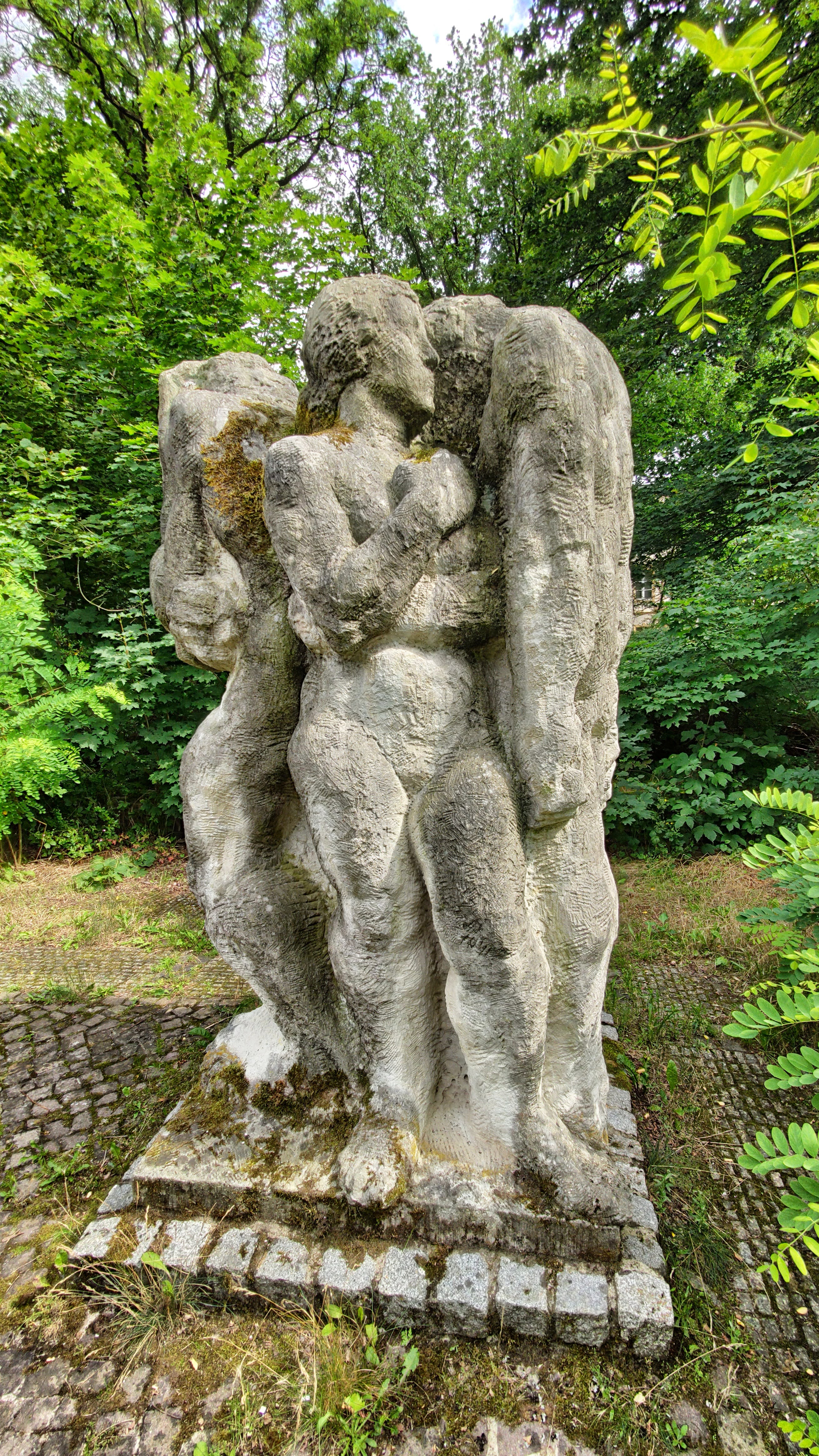
Today, the buildings appear frozen in time. Structures from the 1950s crumble faster than they can be maintained. Trees sprout on the window ledges, walls are decaying, and once-celebrated artworks fade away.
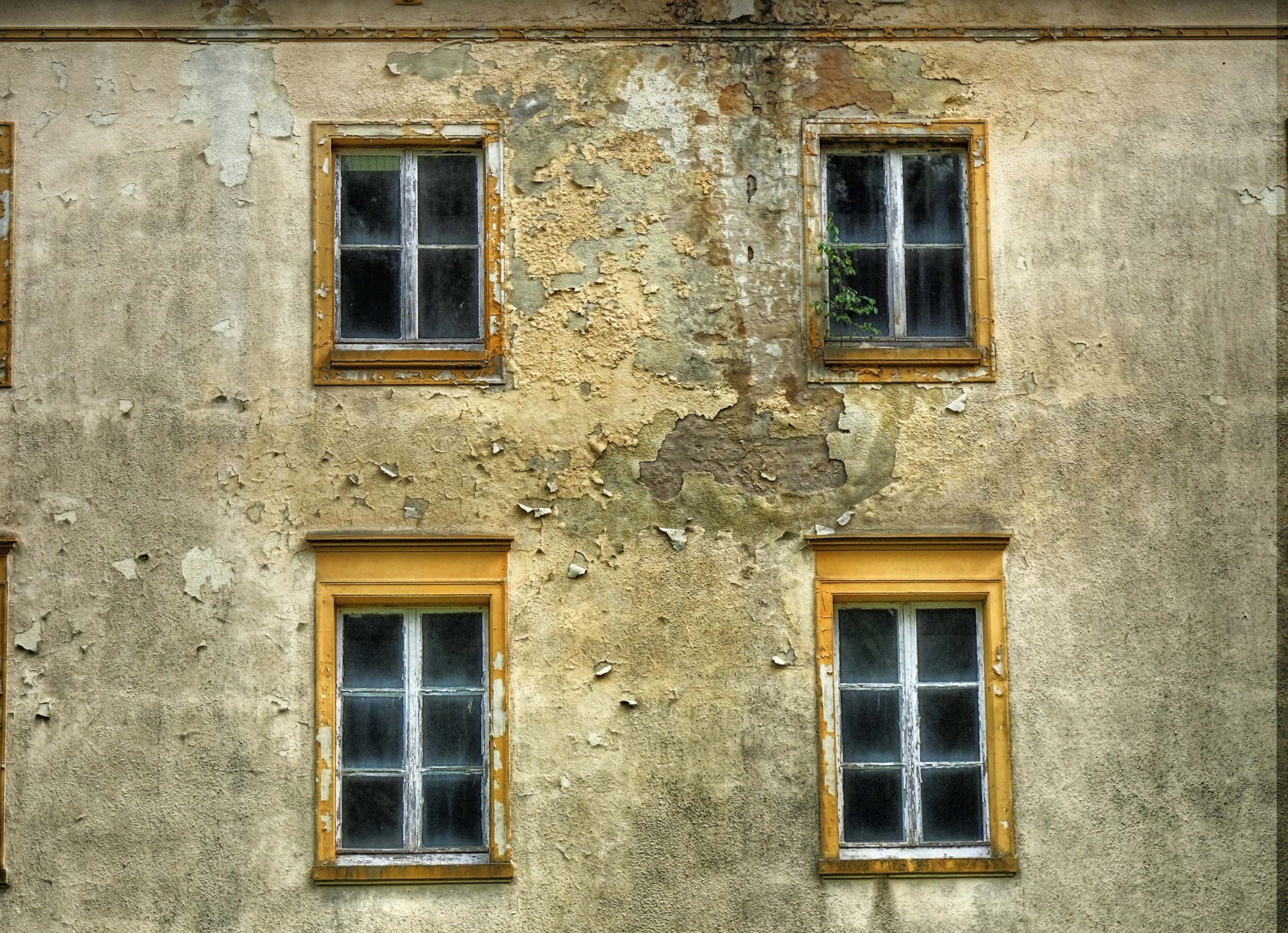
Forgotten Place in the Shadows of the Past
For more than eight decades the Bogensee remained a strictly off-limits area—first as Hitler’s gift to Goebbels, later as the FDJ’s training ground. It rarely reached public attention, most notably in 1981 when West German Chancellor Helmut Schmidt held a press conference here with East German leader Erich Honecker.
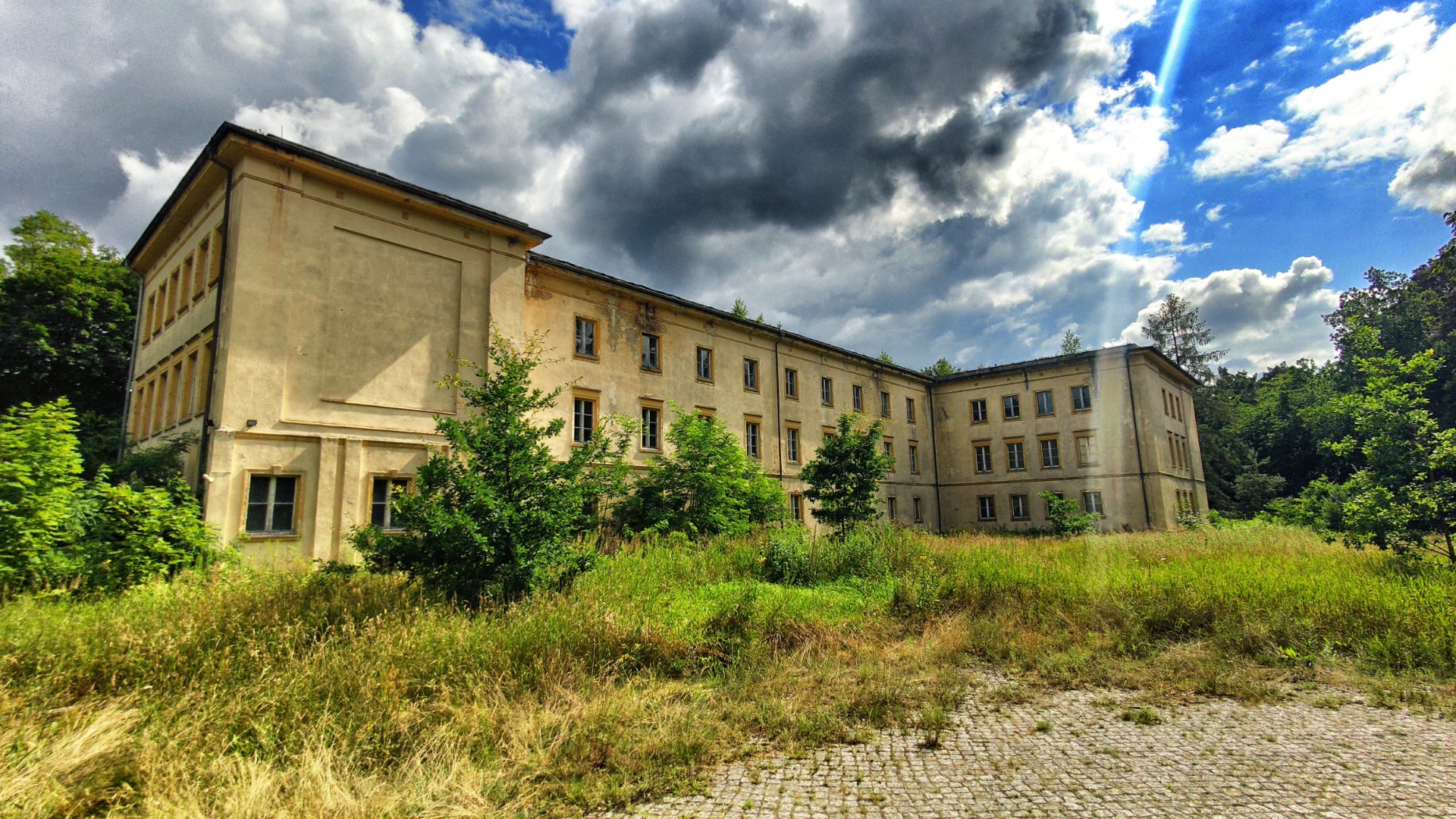
Now, for over 22 years, both the villa and the FDJ school have stood empty. The Berlin Senate occasionally commissions safety work, but a sale or new use continues to fail due to the immense costs, remote location, and burden of history.
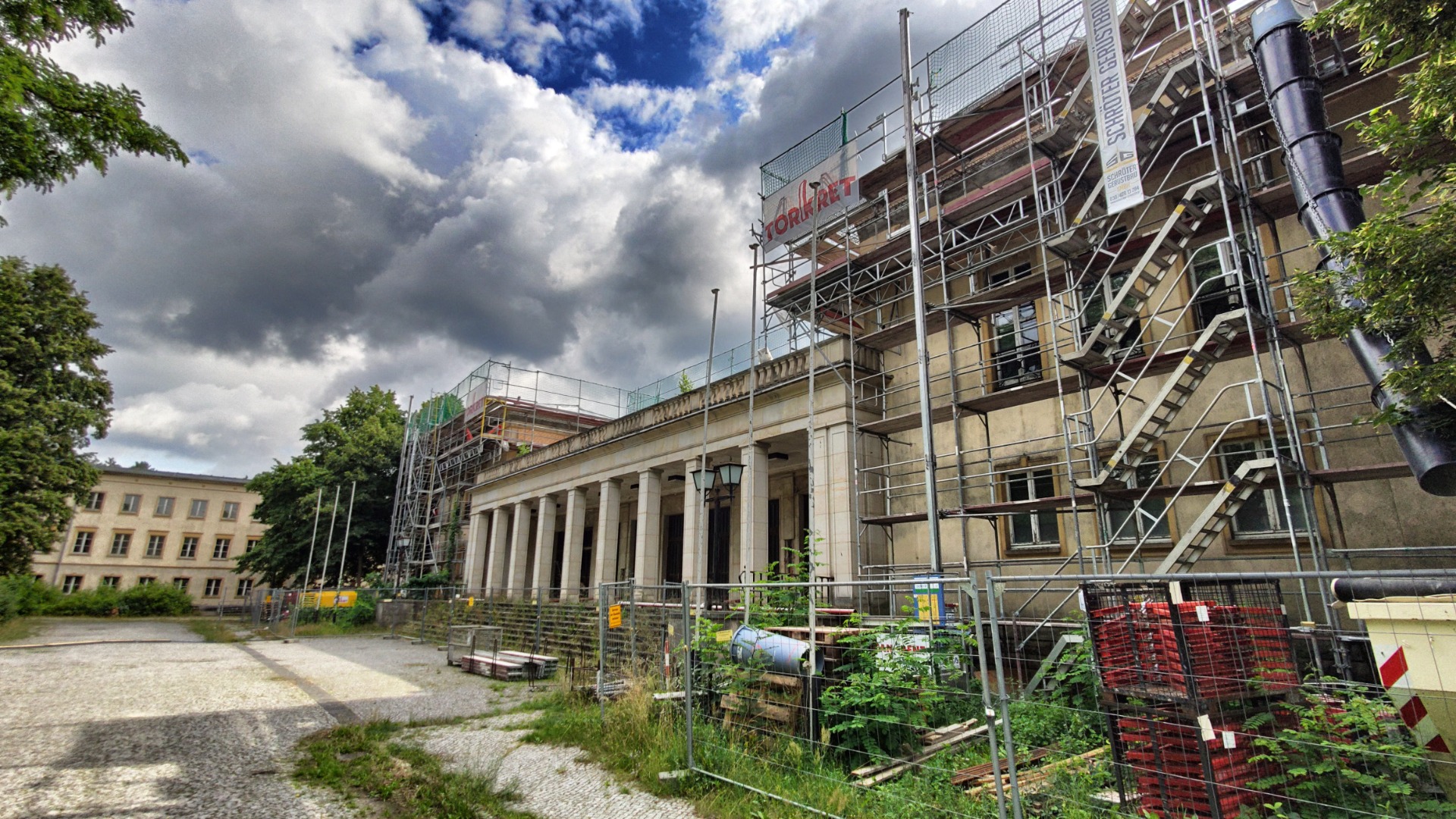
Today, the abandoned site has become a destination for fans of so-called “lost places” as well as a target of dubious interests. Meanwhile, the buildings on the historic site in Wandlitz are falling into disrepair. Three years are planned for the next study to determine whether preservation is feasible, and for the search for investors. According to the Berlin administration, the annual costs for the approximately 16-hectare site amount to approximately €250,000 to €300,000.
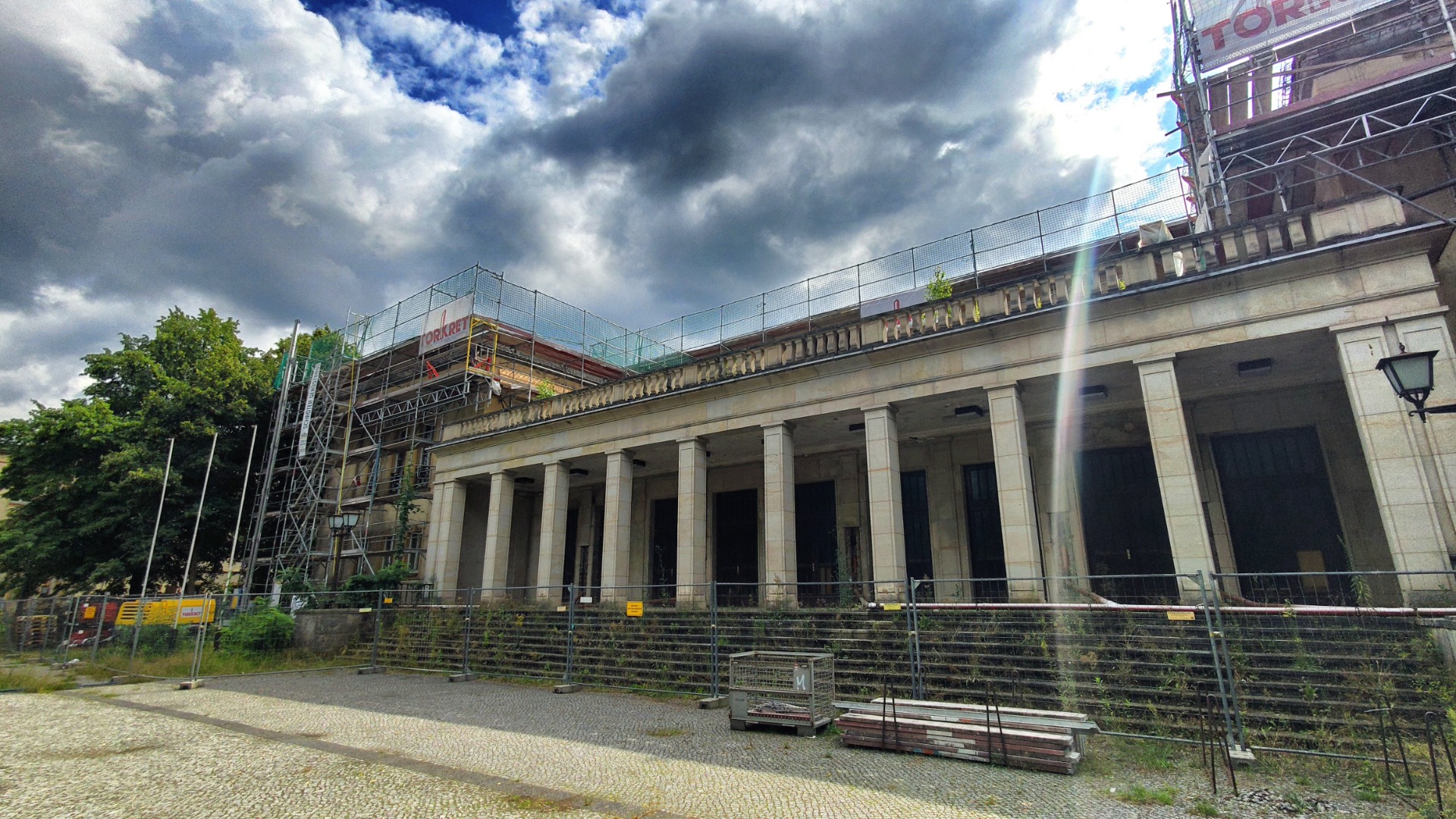
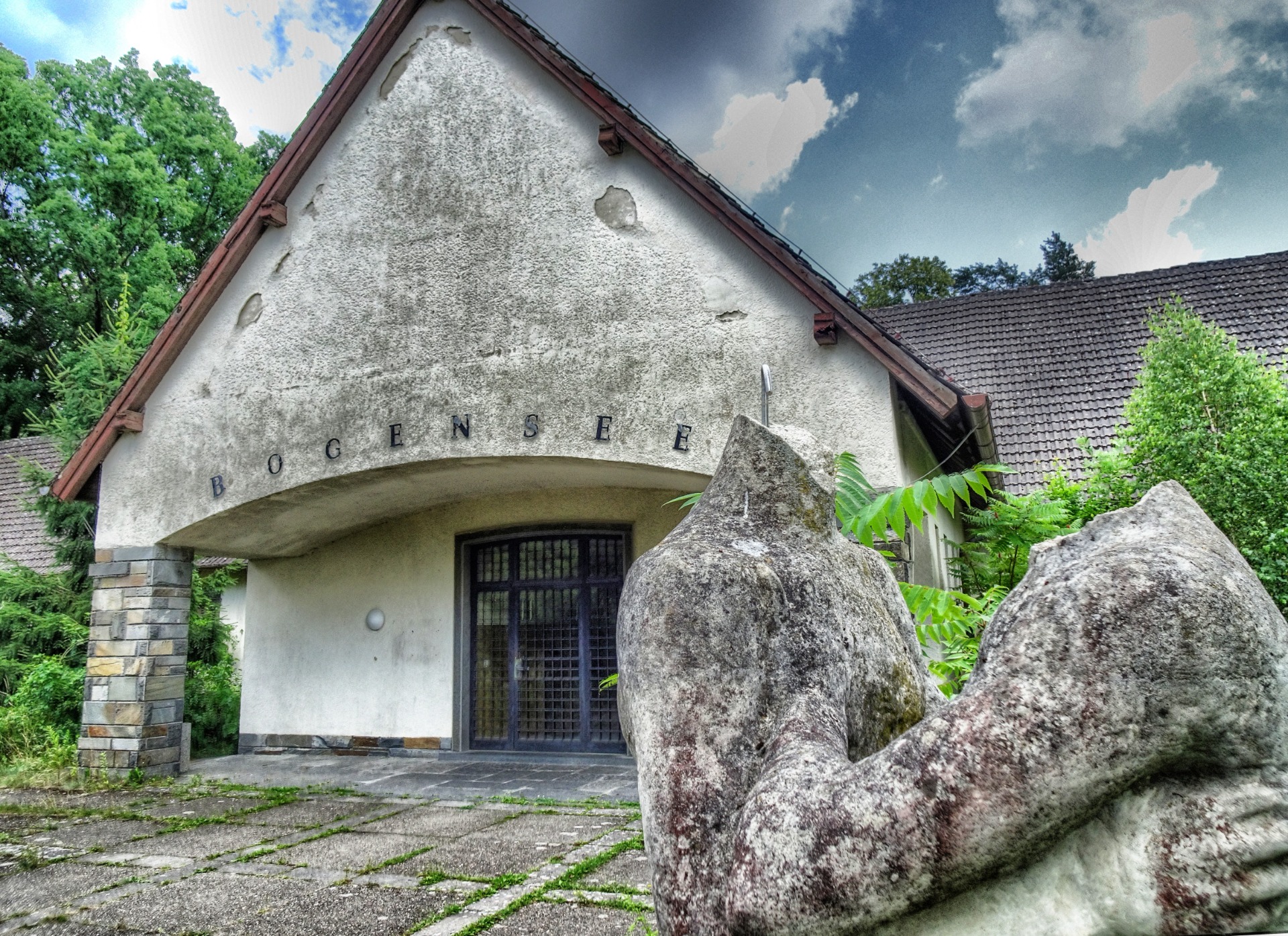
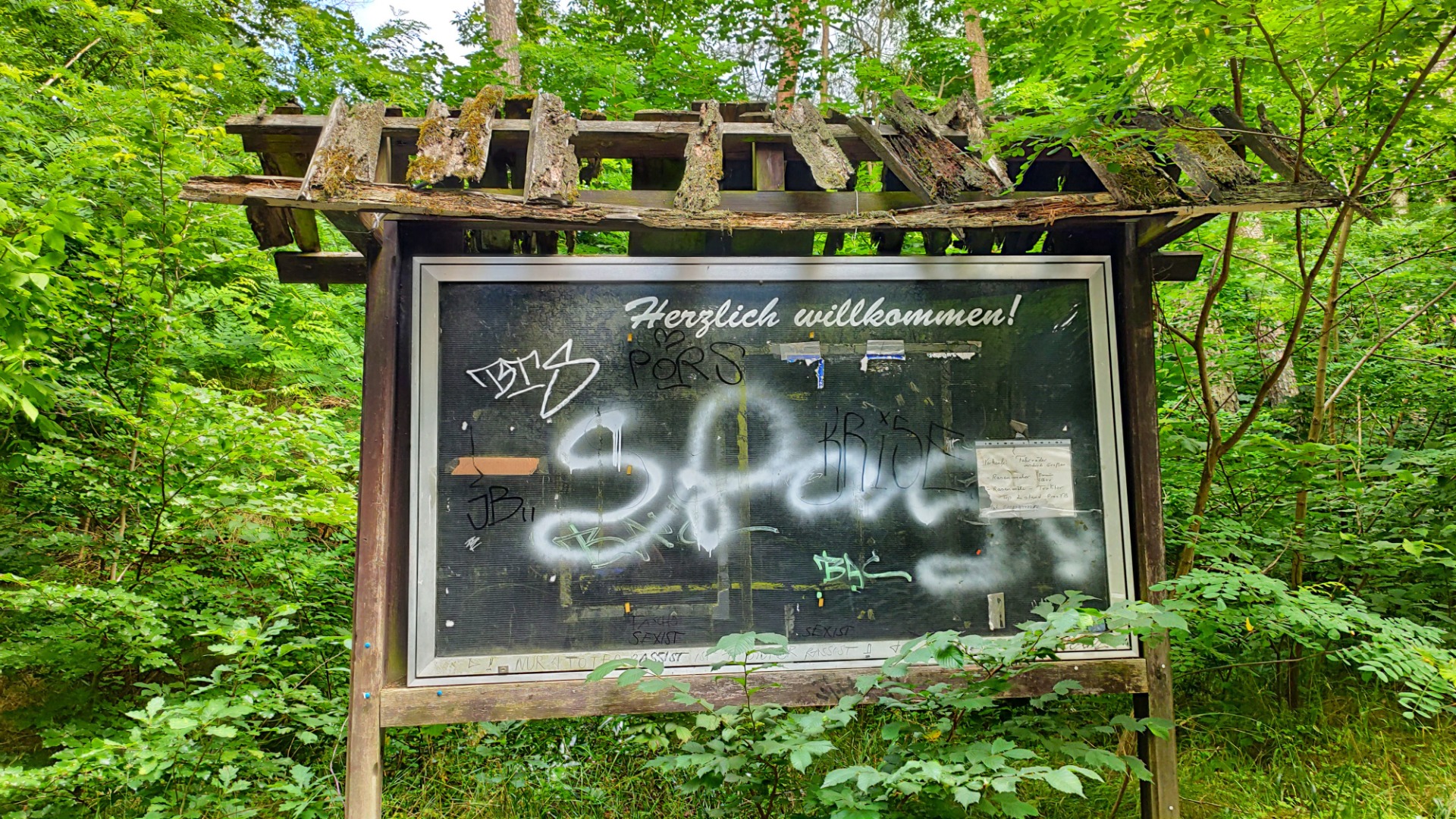
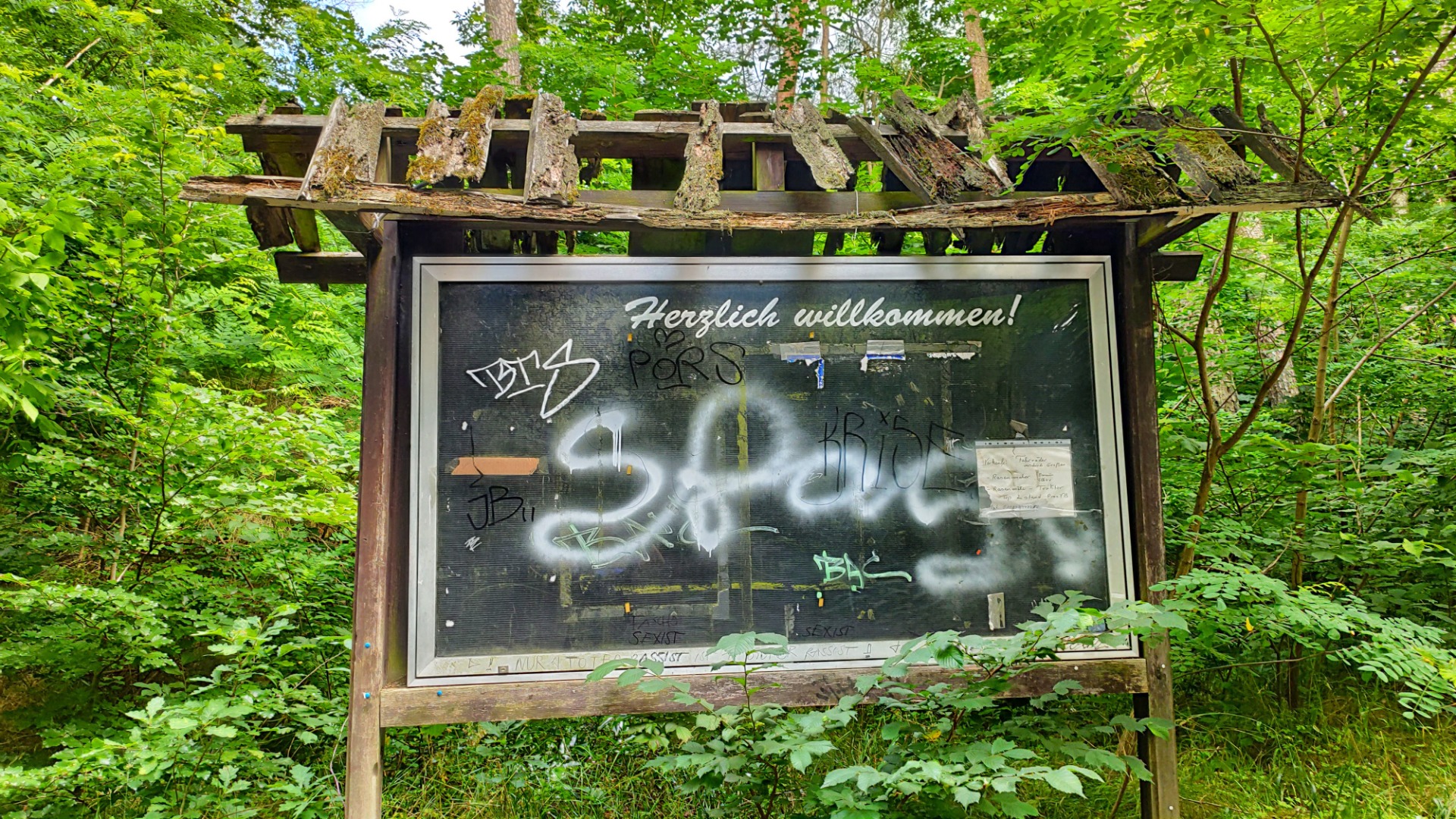
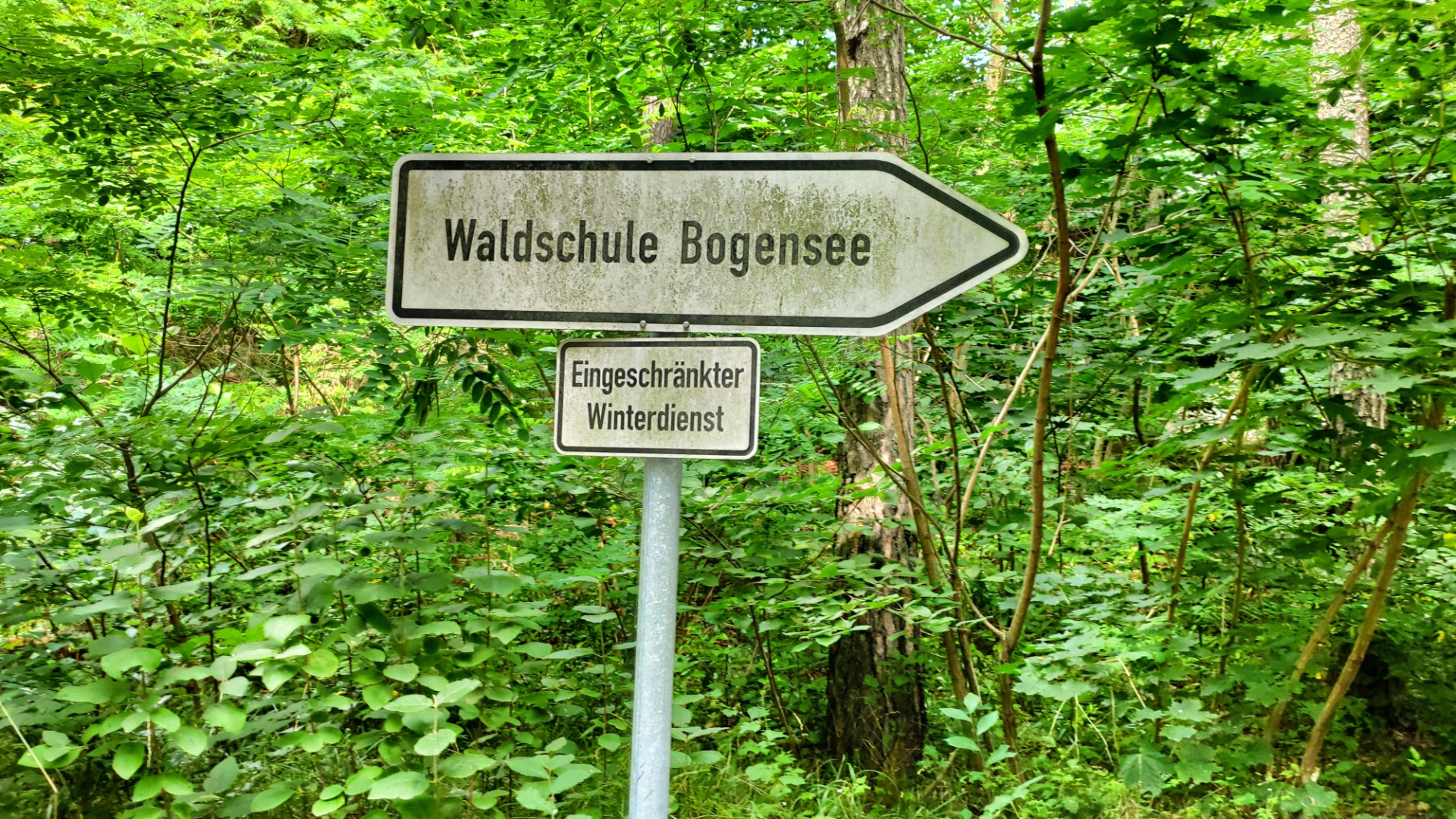
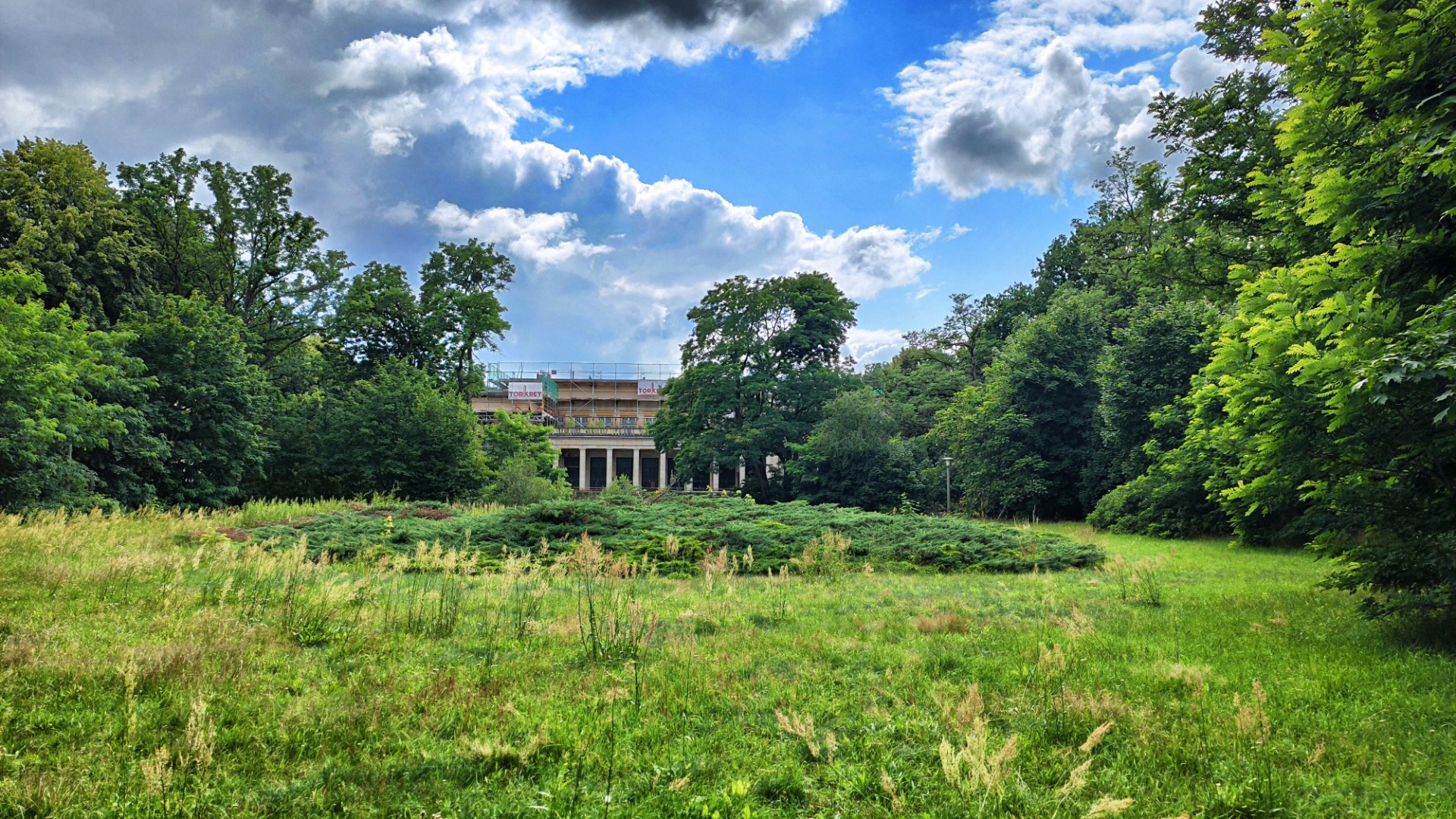
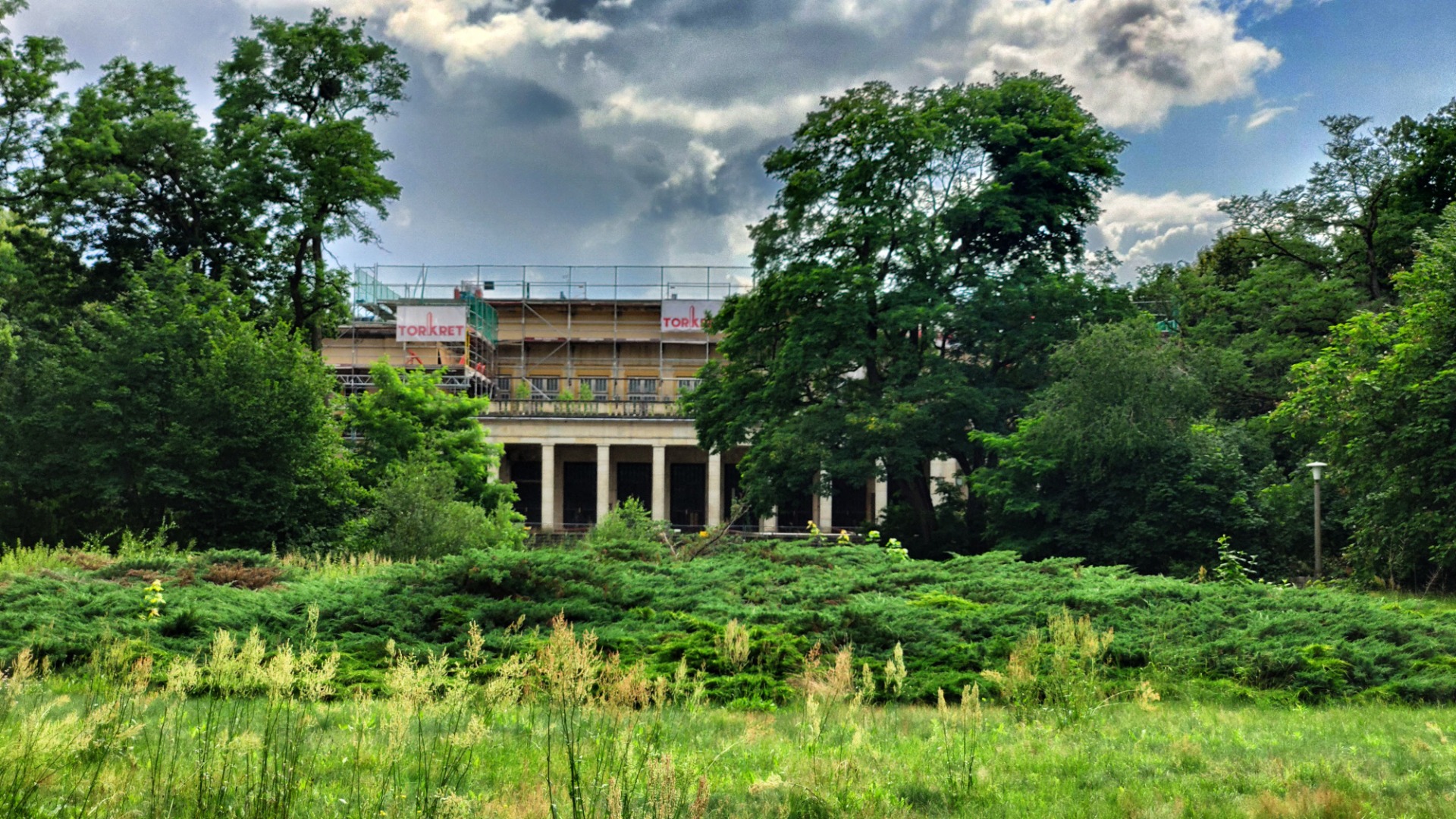
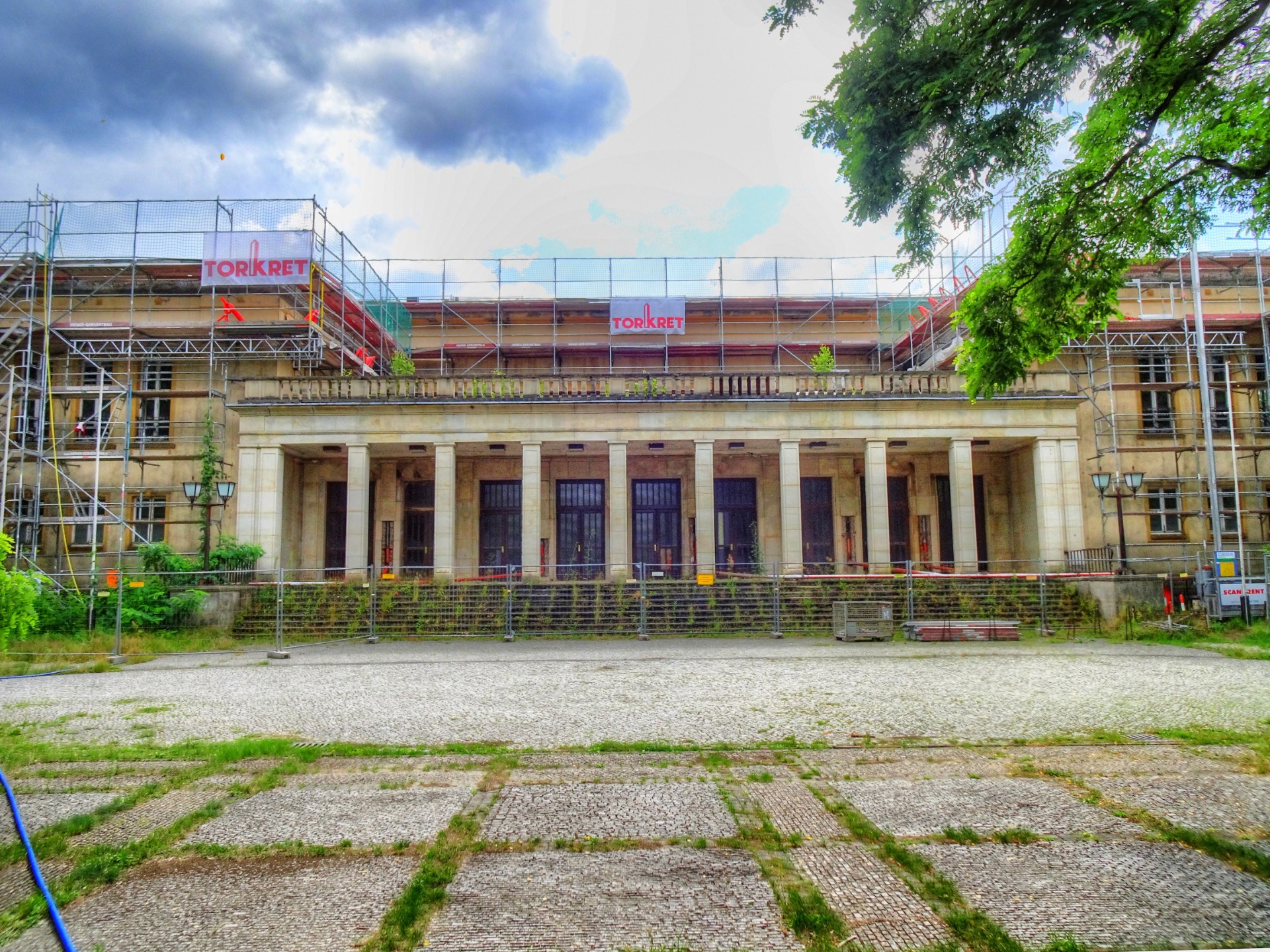
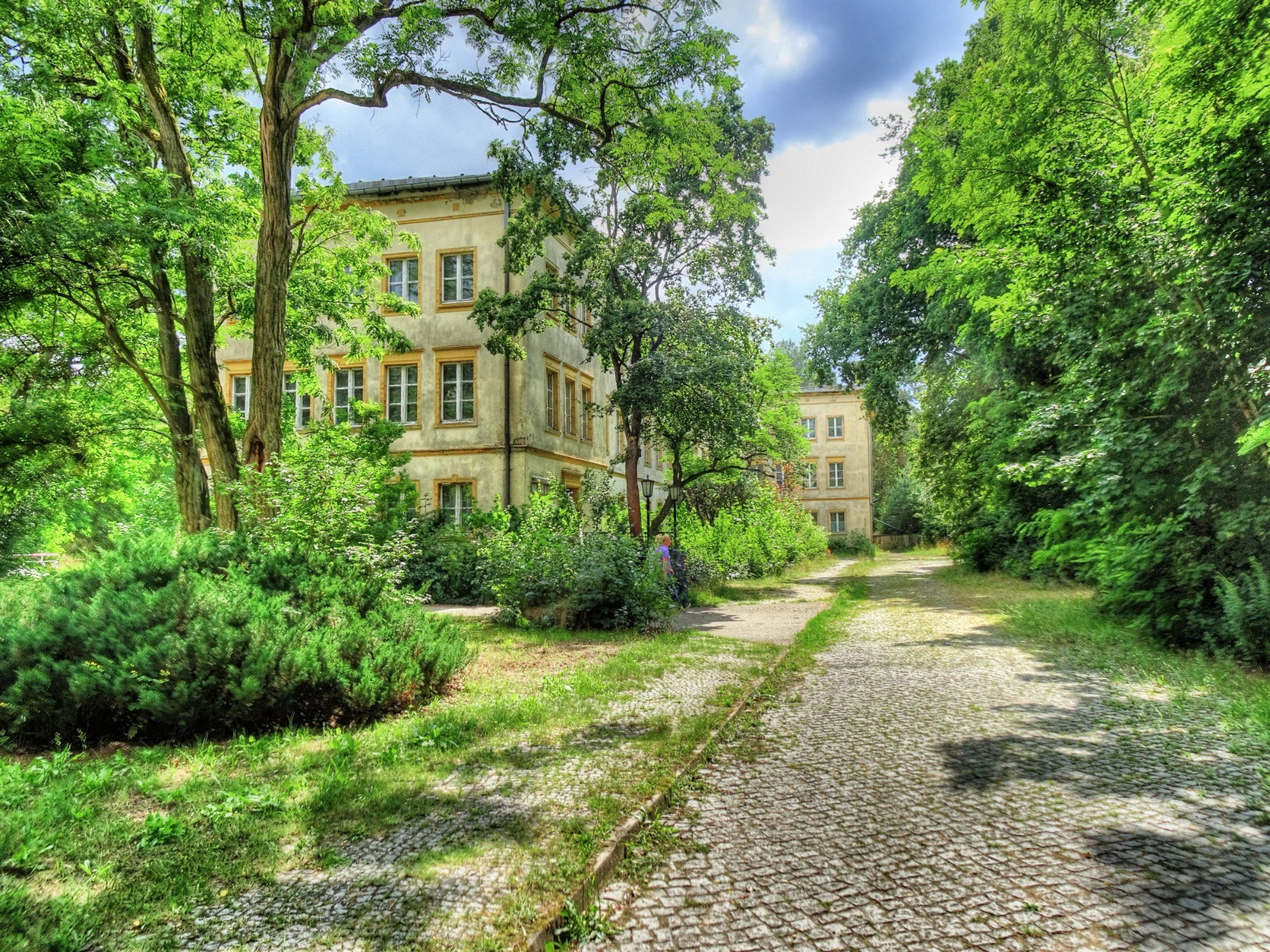
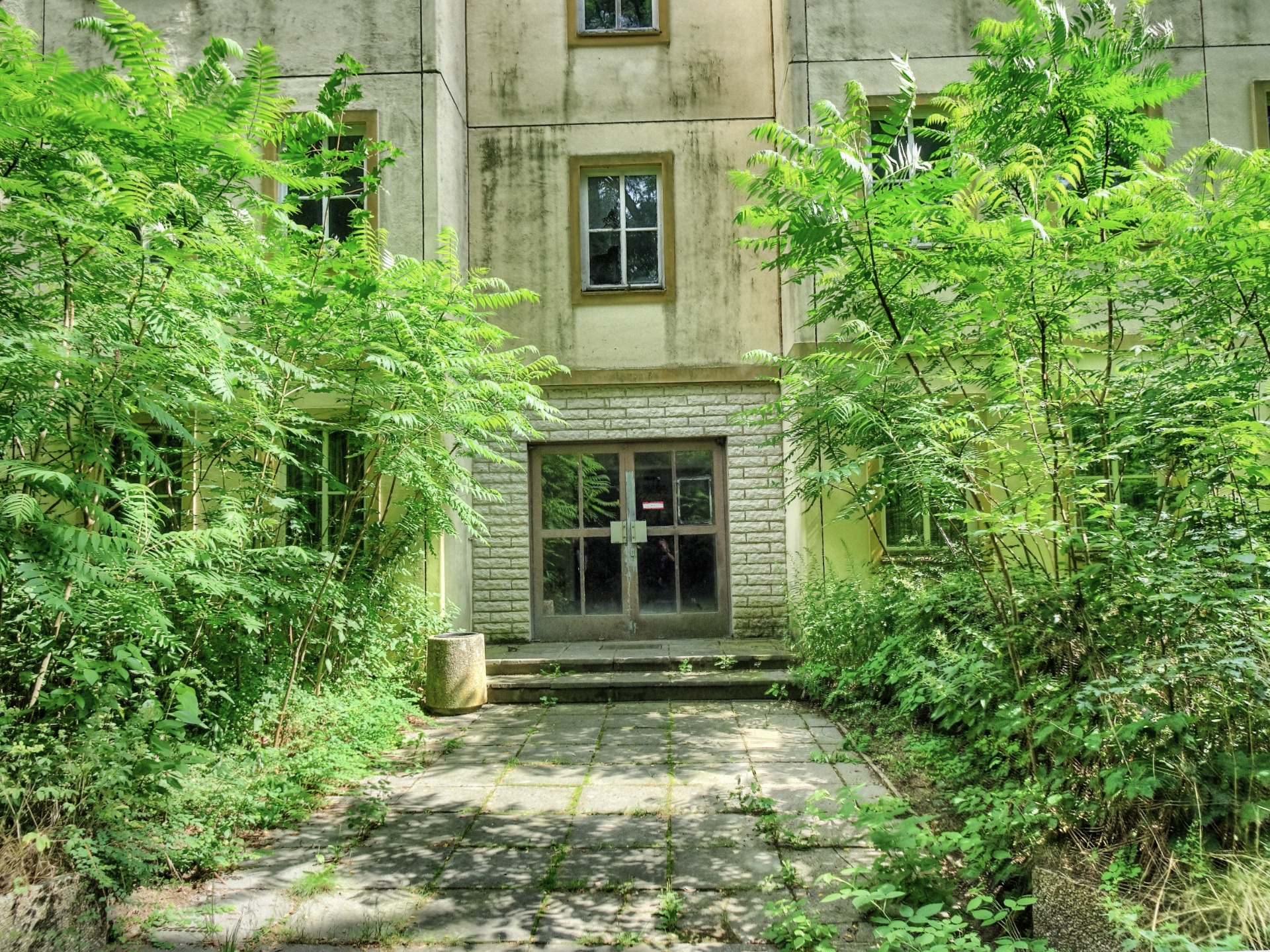
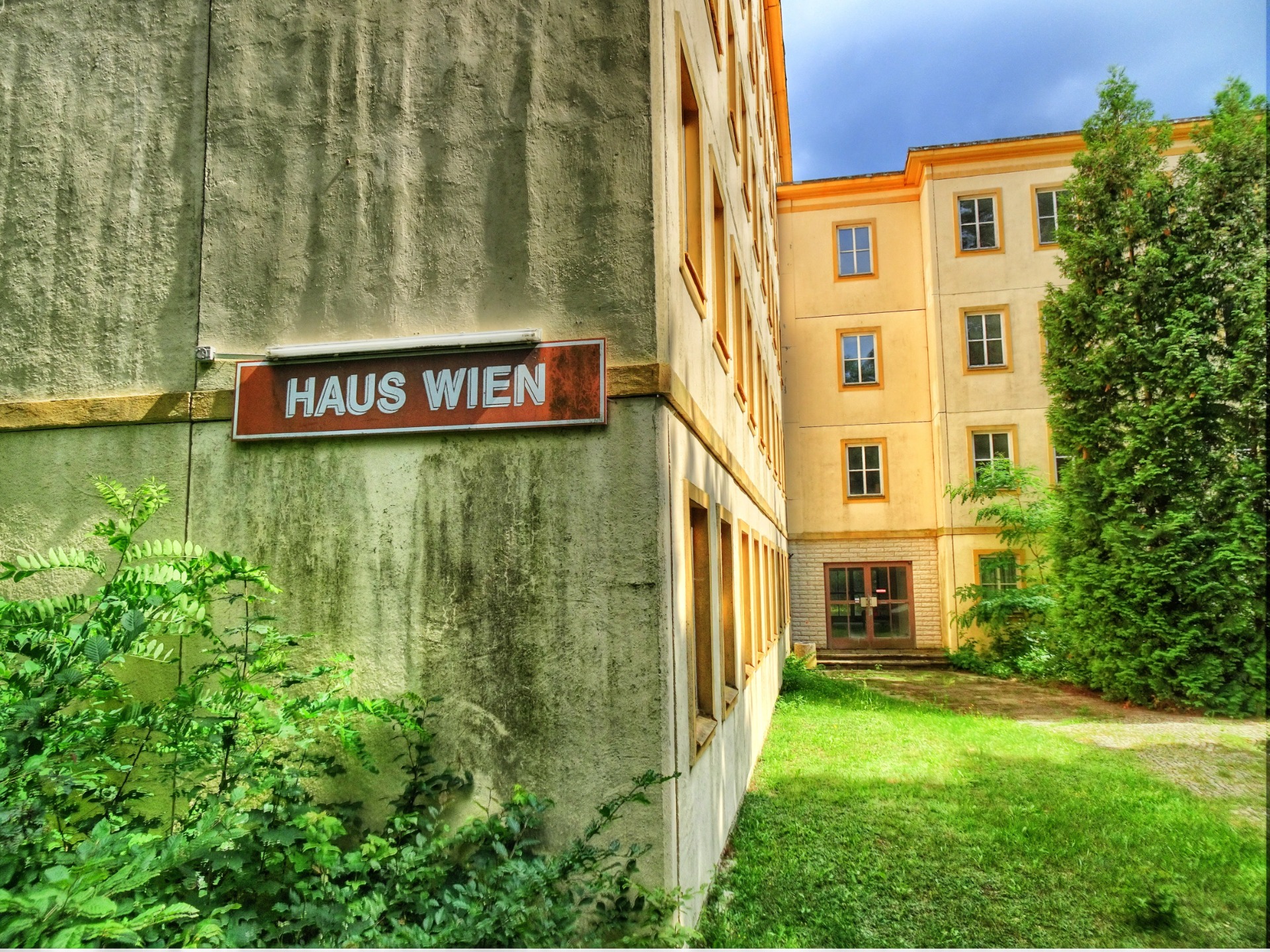
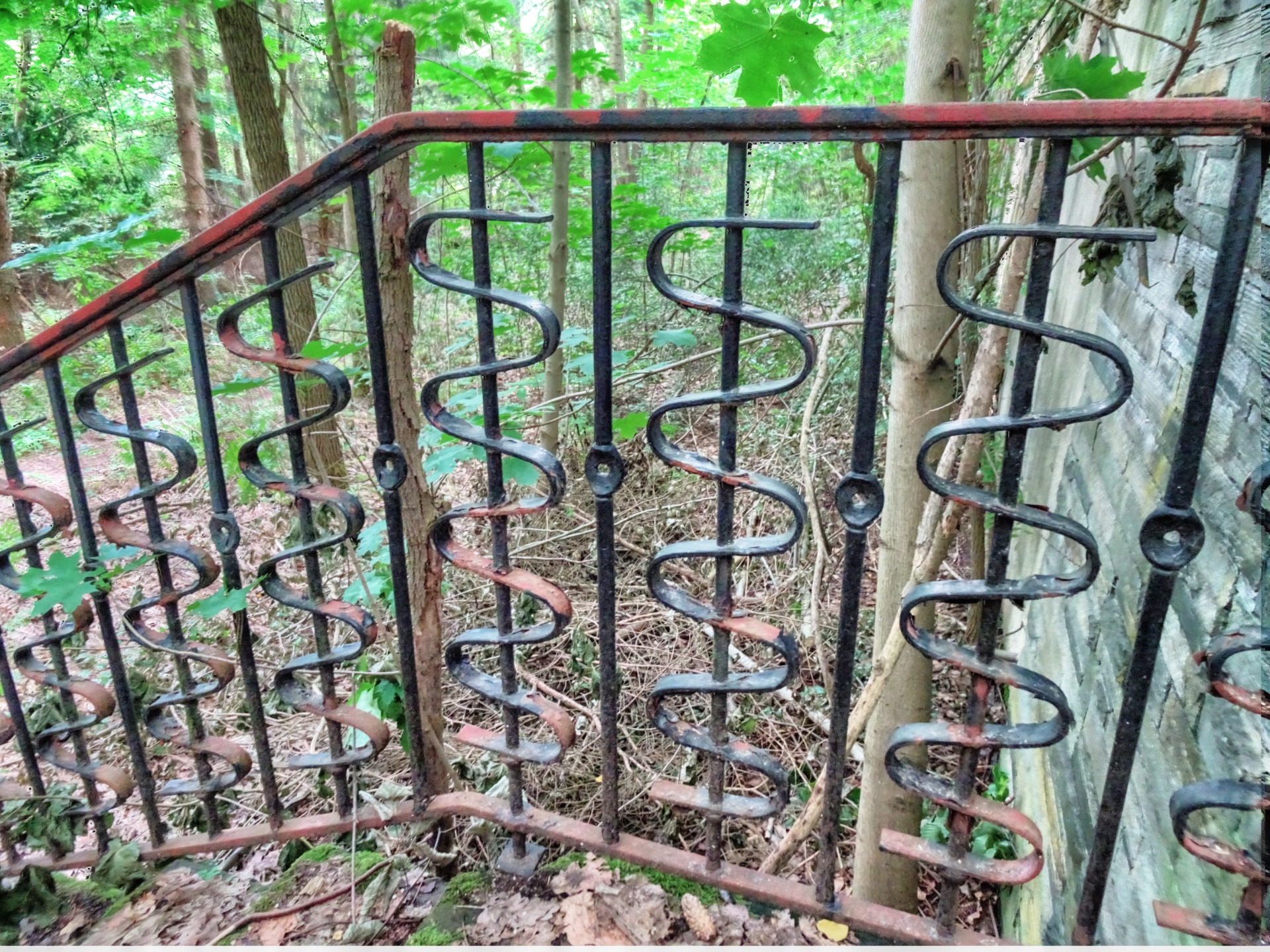
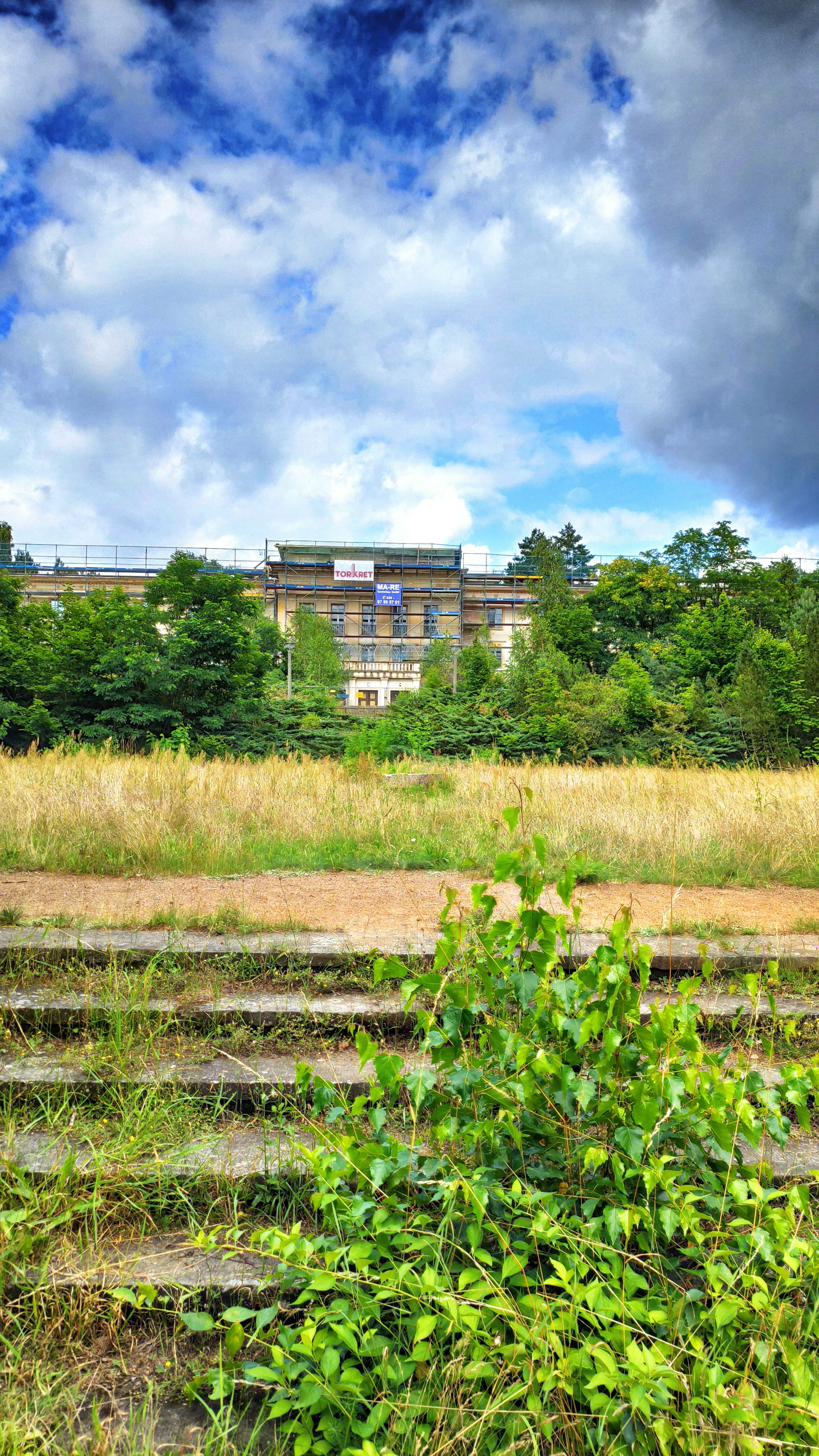
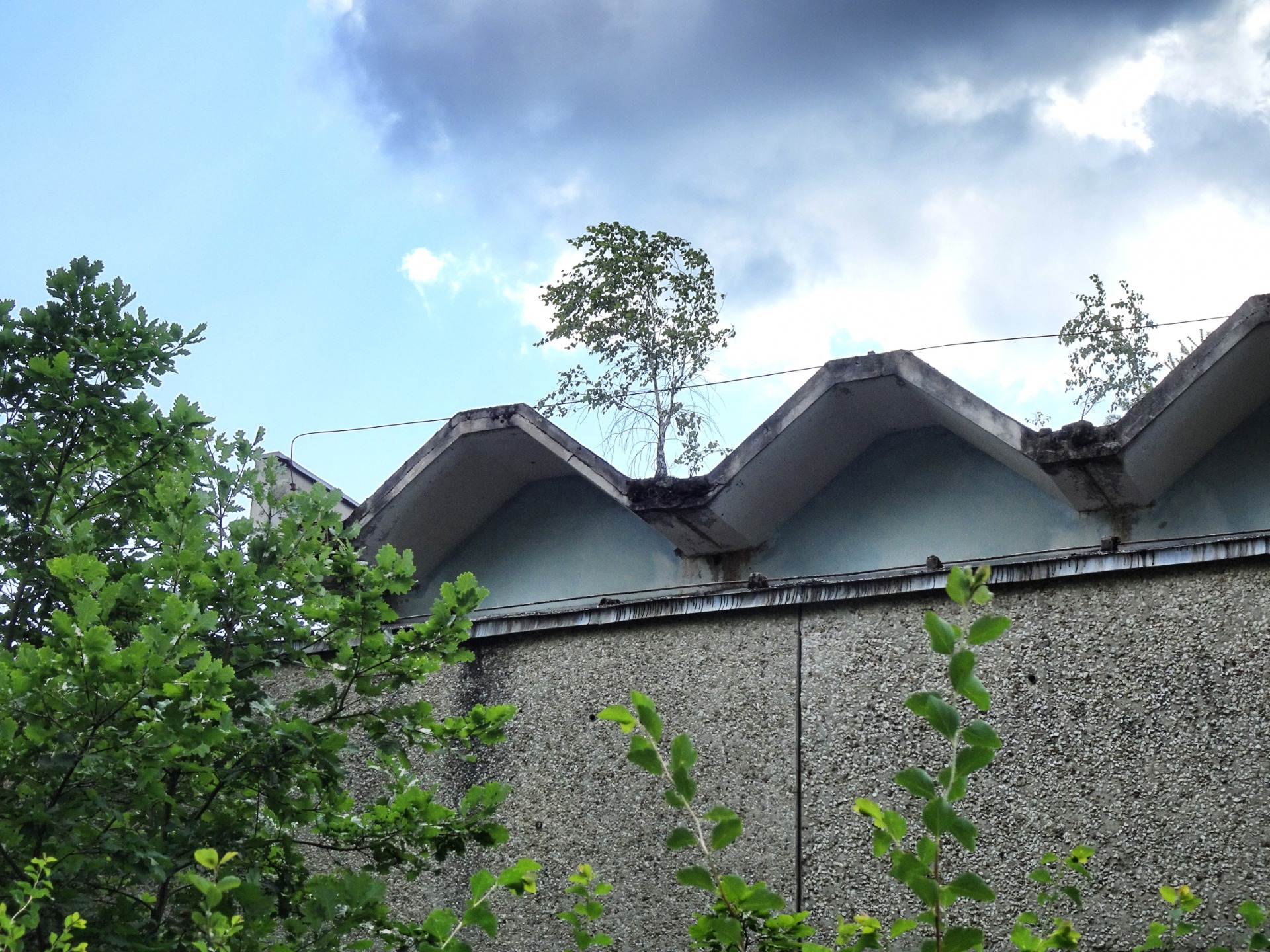
View this post on TravelFeed for the best experience.
